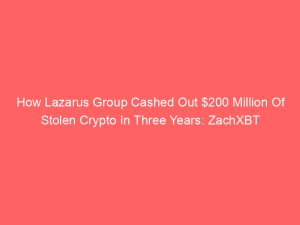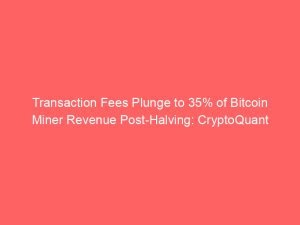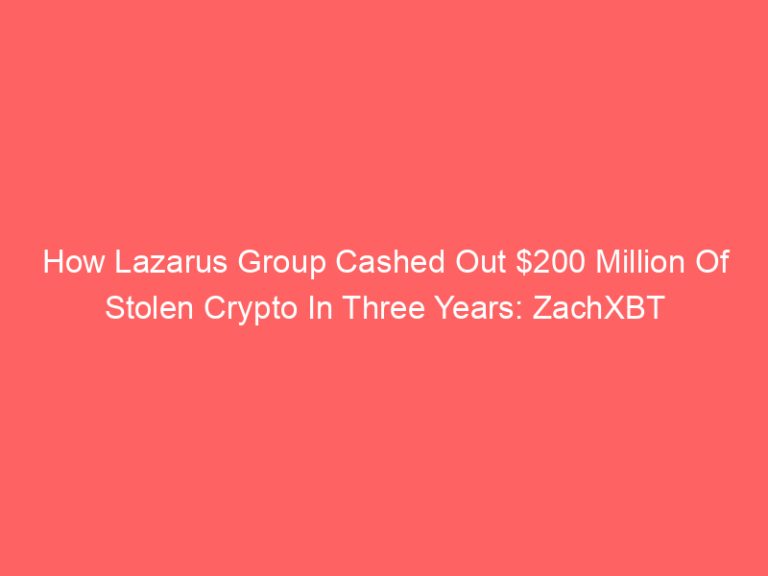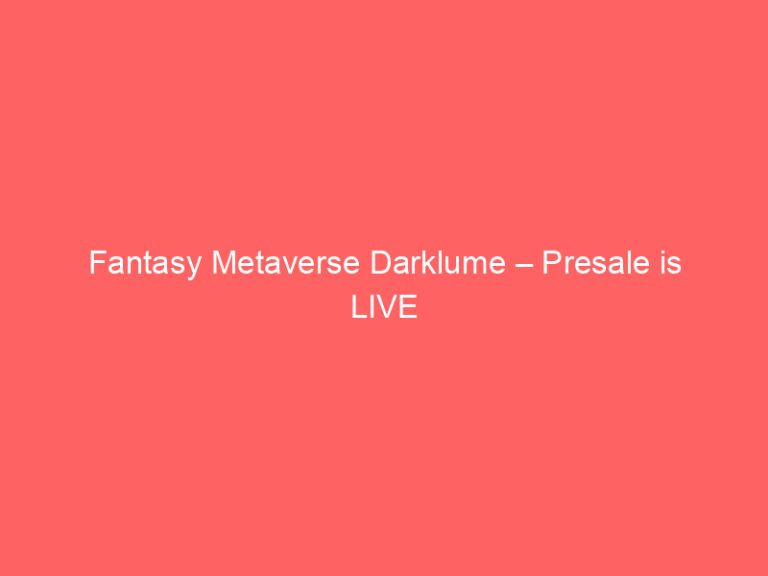

In a strange twist of fate, two companies named Polygon are the source of a storm of confusion on Twitter as a video game community gets a unique introduction to Polygon’s blockchain technology.
Crypto Scammers Hit Game-Related Feed
Polygon, the rebranded layer 2 blockchain solution (previously Matic Network), has been mixed up with another identically named organization. This case of mistaken identity has caused some perplexing activity on Twitter as spammers and scammers highlight a “coin drop” to an online American video gaming website named Polygon that is entirely unrelated to the blockchain network. In several posts published by the video game organization’s Twitter feed, which operates under the handle @Polygon, spam accounts with little to no history and activity mentioned coin drops for Polygon and Matic. Twitter users who scrolled past the normal responses to the “Might Be Offensive” content were quickly inundated with crudely written tweets that tagged @POLYGON_BONUS and @MATICGIFT.Fallout 76’s new water parks make the wasteland fun — perhaps too fun https://t.co/VqQnHpeSr2 pic.twitter.com/5ooaVBrNew
— Polygon (@Polygon) August 9, 2021
This has been a common attack vector for enterprising scammers seeking to have crypto users unwittingly send their coins to a scammer’s wallet. Scammers will often explain that users will be eligible for a coin drop or other promotion designed to give them more coins than they sent in return for sending a few coins, only to steal the coins and disappear. Thanks to poor spelling, grammar, and obvious tells like an account’s history, these scams are relatively easy to spot. Over the years, many of these scams have routinely been perpetrated, especially by accounts posing as recently deceased crypto evangelist John McAfee. However, this mistake also reflects common errors made by algorithms attempting to automate certain behaviors. A strong example is headline screening algorithms that are used to make financial trading decisions. They sometimes pick up on errant tweets and headlines that cause spikes in unrelated financial instruments, only to later realize a case of mistaken identity.Games Workshop promises customers will be able to purchase the new Kill Team boxed set without scalpers getting in the way https://t.co/I5SefBTQVi pic.twitter.com/UYlOhW5ONR
— Polygon (@Polygon) August 9, 2021
In Polygon’s (the blockchain solution) case, this example of mistaken identity probably did more help than harm by exposing the video game site’s users to cryptocurrency and its layer 2 scaling solution, or at the very least, the tactics of shady spammers. What do you think of the Polygon mistaken identity Twitter storm? Let us know in the comments section below.The next crypto twitter scam is already here. Fake Binance account added me to list “John McAfee” with a scam URL in the image.
Please retweet to spread awareness Report these accounts as you see them#SCAM #Crypto #CryptoTwitter #Bitcoin @officialmcafee @binance @cz_binance pic.twitter.com/yGR8f98yOF — JRNY Crypto (@JRNYcrypto) July 18, 2020



















+ There are no comments
Add yours